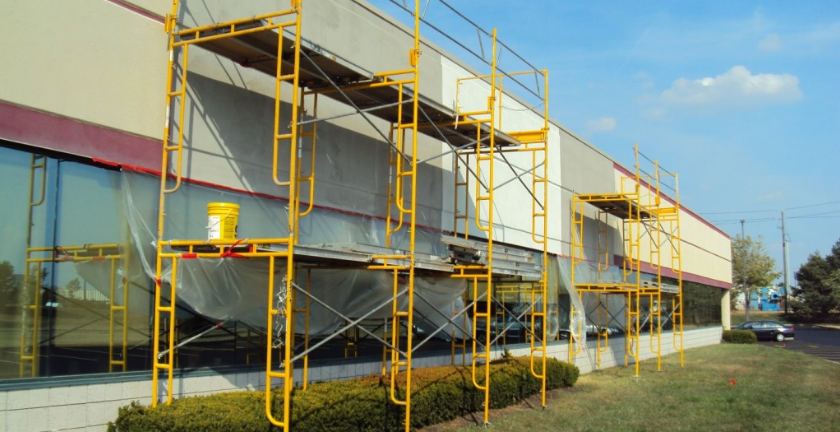The Benefits of EIFS vs Brick | A Cladding Comparison

If you are trying to select the right cladding option for your building, you may be weighing the pros and cons of both EIFS (exterior insulation finishing system) and brick. Of course, brick is the time-honored option, with a long history of serving as a quality cladding choice for many different building styles. EIFS has a much shorter history, however, it has shown in its brief time on the market that it is an option worth your attention. So which is going to be right for you? Let’s take a closer look at some of the key considerations in this decision.
Energy Efficiency
You certainly want to consider energy efficiency while you are trying to pick the right cladding choice, and the advantage is going to go to EIFS on this point. Because it is a continuous insulation system which encases the entire building, EIFS offers superior insulation as compared to brick. That insulating power translates directly to energy efficiency, as minimal transfer of energy is taking place through the walls. Warm air stays out and cold air stays in, or vice versa, depending on the time of year. In a day and age when everyone is concerned with maximizing energy efficiency, EIFS is the easy choice on this important point.
Overall Cost
Another win for EIFS on this point, as using EIFS as your cladding of choice is certain to save you money over opting for brick. The savings is going to come in two forms – you will find that the materials are less expensive, as well as the installation cost being reduced as well. While the exact savings you enjoy will vary on a number of factors, it is reasonable to expect that your overall investment in the project will be reduced by anywhere from 20% – 40%. When you consider that EIFS is already more energy efficient, and it is now seen to be cheaper as well, the right choice in this debate is quickly becoming clear.
Moisture Protection
It is important to keep moisture from the environment outside of your home or commercial building, and that is exactly what you can expect to happen when you pick EIFS over brick. Using brick will require many more ‘points of entry’ for water around the building, and the material itself is far more porous. With EIFS, you have very few potential entry points for water, and the material is going to repel water nicely. A good cladding material will allow you to keep your building safe and dry for many years to come, and that is the kind of performance you should expect from an EIFS installation.
Overall, while brick is still a beautiful material to use for cladding, the performance characteristics of EIFS cannot be ignored. Everything from cost to efficiency and more comes back in favor of EIFS, making this a rather easy choice in the end. Once you have used EIFS for the cladding on your new building, you may wonder why you would have ever considered anything else.
